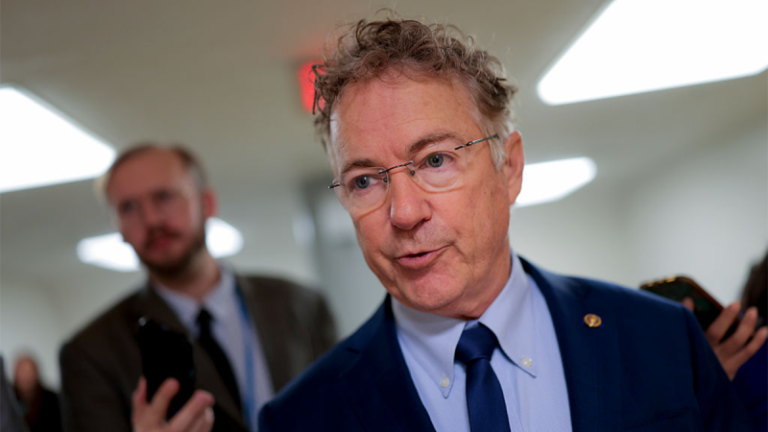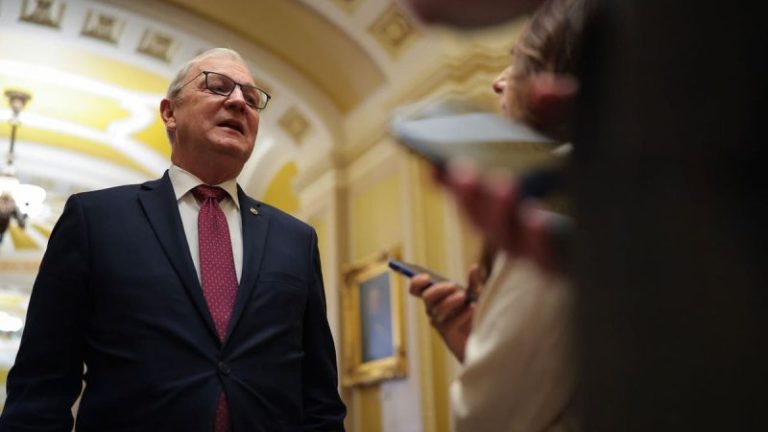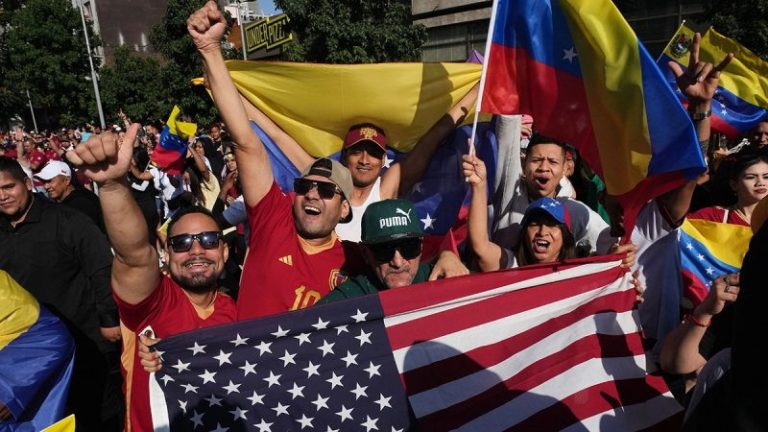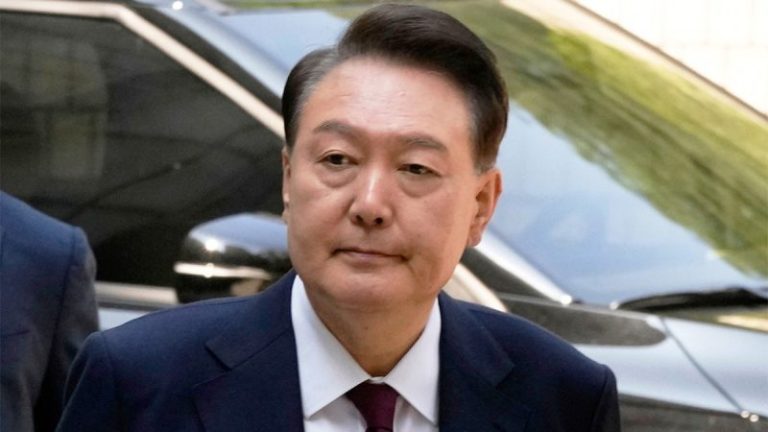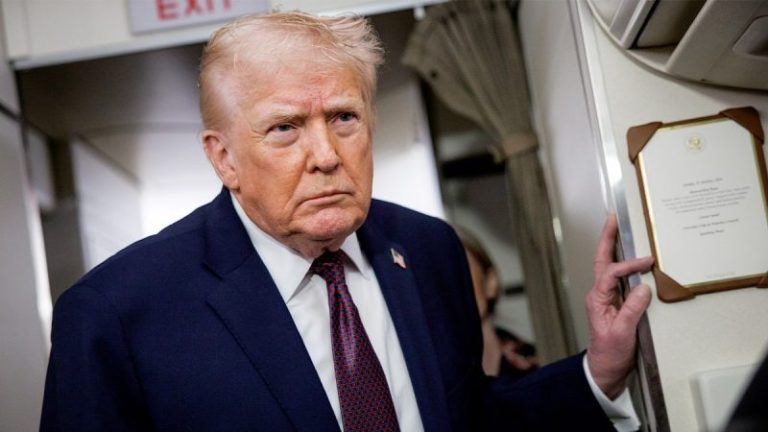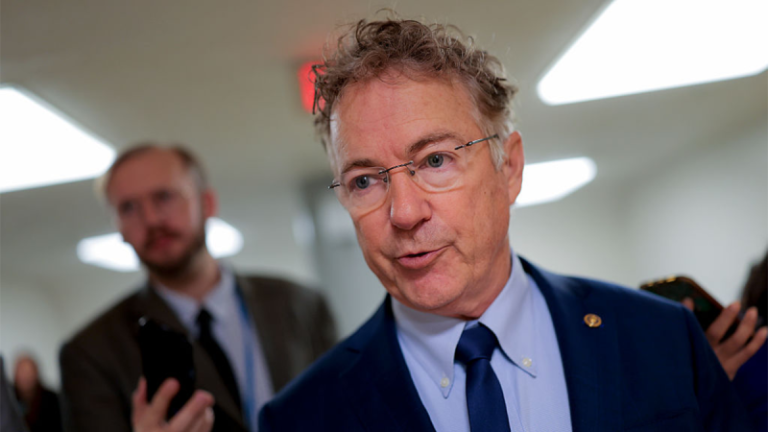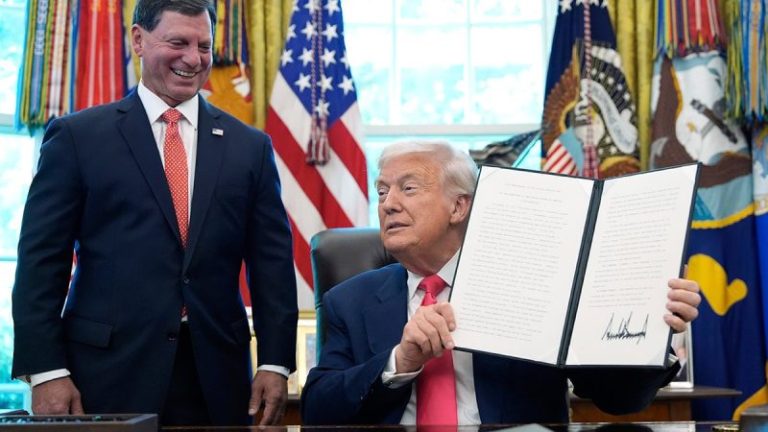Former Democratic Attorney General Eric Holder, who served during former President Barack Obama’s tenure, played a key role in vouching for Minnesota Gov. Tim Walz as the Democratic Party’s 2024 pick for vice president before a massive fraud scandal rocked the Gopher State.
‘There’s nothing that of any substance that was missed by our vetting team,’ Holder told CNN in an October 2024 interview as the federal election came down to its final days.
Walz is in the midst of facing a sweeping fraud scandal involving alleged money laundering operations related to alleged fraudulent meal and housing programs, daycare centers and Medicaid services that prosecutors say could total as much as $9 billion, Fox News Digital has reported. Dozens of individuals have been charged amid the investigations, most of whom are from the state’s Somali community.
The scandal led to Walz dropping his re-election bid to serve a third term as Minnesota governor.
Walz has said he is ‘accountable for’ the scandal as the state’s top elected official, but has accused Republicans and the Trump administration of sensationalizing multibillion-dollar figures of alleged fraud.
Walz bucked calls to step down as governor, declaring during a press conference Tuesday: ‘Over my dead body will that happen.’
More than a year ago, Walz’s run on the 2024 Democratic ticket catapulted his national name recognition after serving in politics for decades, including in the U.S. Congress from 2007 until 2019, before his election as governor. Ahead of his name being floated as a potential vice presidential contender, Walz was a relatively unknown name to everyday Americans.
Then-Vice President Kamala Harris tapped Obama’s former attorney general to lead the vetting process of her potential running mates during the 2024 cycle.
Holder is a longtime Obama ally and was one of the officials tasked with vetting Obama’s potential running mates back in the 2008 election cycle before landing on then-Delaware Sen. Joe Biden.
Holder told the media in 2004 that Walz was not at the top of his list when vetting 11 candidates for Harris’ running mate, but that he moved up the list of names as Holder reviewed his ‘very impressive’ and ‘significant’ work in Minnesota, including signing a law in 2023 for universal free breakfast and lunch for all K-12 students in the state, KSTP reported in November 2024 ahead of the election.
‘As part of the process, the vetting process, I looked at almost every YouTube he’s ever been on,’ Holder told KSTP of Walz. ‘Everything we could ever find about his media interactions and he’s a genuine nice guy. He’s got that Minnesota Nice thing.’
‘There was a chemistry that I saw, I actually saw that happen with Kamala Harris and with Tim Walz,’ Holder added at the time. ‘So it was a combination, I think, of accomplishments and chemistry that propelled him to the number two spot on the ticket.’
A source with knowledge of Walz’s vetting process told Fox News Digital that the fraud investigation was included in the vetting process, as details had already emerged during the governor’s 2022 re-election race.
‘Governor Walz’s Department of Education had been in contact with the FBI regarding investigations into organizations diverting funds from child nutrition programs,’ the source explained. ‘This issue was not a factor in the 2024 presidential campaign, nor did Kamala Harris’s vice presidential choice ultimately prove to be a negative factor in the race.’
Walz’s emergence as the vice presidential pick quickly drew scrutiny over a string of past controversies, including allegations he exaggerated his military service, repeated misstatements about his presence during China’s Tiananmen Square massacre and questions about his handling of Minnesota’s 2020 riots — issues Republicans seized on as Democrats rushed to elevate him on the national stage.
The 2024 election cycle was unprecedented for a multitude of reasons, most notably when then-President Biden dropped out of the race on July 21, 2024, amid mounting concerns over his health and a pair of assassination attempts on then-former President Donald Trump’s life.
Holder joined CNN in October 2024 and defended the vetting process of Walz, calling him an ‘authentic guy, a person with a great record as the governor of Minnesota and who I think will be a superb vice president.’
‘He has resonated with the American people,’ Holder told CNN’s Wolf Blitzer at the time. ‘He has generated enthusiasm for the ticket. And I think that the slight exaggerations, misspeaking that he has done, and, again, for which he has, you know, taken responsibility, is not something that’s going to ultimately hurt him,’ he said of Walz’s past misstatements.
Holder was pressed if he and ‘your team of lawyers (missed) important information about him during the vetting process,’ considering the previous misstatements. Walz, for example, claimed in 2018 he had carried ‘weapons in war,’ but had not been deployed to an active combat zone across his 24 years in the Army National Guard.
‘No, I don’t think we did,’ Holder responded about whether his team missed anything on Walz’s record. ‘I mean, I don’t think that we were surprised by any of the things that he has said. And as what he has indicated is that sometimes he misspoke, but he is — unlike Donald Trump, who lies like all the time. Tim Walz has made some misstatements that he has said, you know, I was wrong in saying that, apologized for making the misstatements.’
Walz has been directly implicated in the Minnesota fraud schemes, though the Trump administration has pinned some of the blame on the governor.
‘I think Tim Walz should resign,’ Vice President JD Vance told the media Thursday during a White House press briefing. ‘Because it’s very clear either that he knew about the fraud in Minneapolis, he knew about the welfare fraud, or at the very least, he looked the other way. I mean, this is not this is not like Lex Luther, right? This is not movie villain fraud. This is the lowest IQ possible fraud.’
Amid the fraud investigations, federal law enforcement converged on Minneapolis in January. A fatal shooting broke out in a residential area Jan. 7 when a woman allegedly attempted to use her car as a weapon against immigration officers in what the Department of Homeland Security called an ‘act of domestic terrorism.’ The woman was shot and killed, sparking fierce condemnation from Democrats and Trump critics, including some lawmakers referring to the incident as a ‘murder.’
Fox News Digital also reached out to Walz’s office and Obama’s office regarding the 2024 vetting process considering the fraud investigations, but did not immediately receive replies.
Fox News Digital’s Andrew Mark Miller contributed to this report.
This post appeared first on FOX NEWS



